Suella Braverman sparked a backlash last November when she described the number of small boats crossing the Channel as an ‘invasion’. The chattering classes objected to the ‘inflammatory language’ of the Home Secretary rather than the fact that 45,756 people entered Britain illegally in 2022.
The provocative word this month is ‘infinite’, used by a government source in admitting that even if Britain did stem the flow of Albanians crossing the Channel there are many thousands more migrants desperate to make it to Britain. ‘Their places on the boats would be filled by Somalis, Eritreans or Afghans who can’t afford to pay as much as the Albanians,’ they explained.
The source is not wrong. Frontex, the EU’s Border agency, recorded 308,000 irregular entries at the EU’s external borders between January and November 2022. This is a 68 per cent increase on the same period the previous year. Not since 2016 have so many migrants entered Europe.
The most active route is the Western Balkans, which accounted for nearly 140,000 entries (45 per cent of the total) – a 152 per cent increase on 2021. Frontex noted that the preponderance of migrants came not from Somalia or Eritrea, but from Syria, Afghanistan, Turkey and Tunisia.
The second most populous route into Europe was the Central Mediterranean. 94,000 migrants reached Italian soil in the first eleven months of 2022, up 49 per cent on 2021. Again, most came not from sub-Saharan Africa but from Egypt, Syria, Tunisia and Bangladesh. Incidentally, a recent report in TimeOut revealed that Turkey, Bangladesh and Egypt all feature in the top 10 most popular tourist destinations of 2022.
The criminal gangs organising the people-smuggling routes into Europe won’t be discouraged by Croatia’s EU entry
These migratory trends are attributed to the worsening economic conditions in the Third World and the relaxation of Covid restrictions across the globe. Meanwhile, the appeal of the Western Balkans as the principal entry into Europe is explained by its relative safety compared to crossing the Mediterranean.
In 2018, 5,869 migrants entered Europe by the Western Balkans, a figure that rose to 15,152 the following year and now stands at ten times that number. In contrast, the Central Mediterranean was once the soaraway number one passage into Europe with 625,455 migrants making the journey between 2014 and 2017.
The popularity of the Western Balkans route will only increase in 2023 because of two recent decisions. The first was the Italian government’s decision last week to introduce new measures intended to curb the trafficking of migrants across the Mediterranean. In future, any NGO vessel that rescues a migrant boat in the Med must request a port and sail to it ‘without delay’.
Up till now, NGO vessels cruise the sea picking up as many migrants as they can before heading to an Italian port. Captains who break the new rule could be fined a maximum of €50,000 (£44,000) and repeated violations leaves them open to their vessel being impounded.
The second factor is Croatia’s admission into the Schengen area on 1 January, also joining the Eurozone. As one of the 27 EU countries signed up to the Schengen agreement – the European nations that have abolished passport and custom control – Croatia is now a more attractive destination for EU citizens no longer having to queue to show their passport. But it may also make the country more tempting for migrants.
When the European parliament endorsed Croatia’s accession to the Schengen Area last November (by 534 votes to 53 against) many MEPs did so with a specific purpose in mind. According to Christian Democrat MEP, Paulo Rangel, having Croatia inside the Schengen area makes it easier for the EU to ‘protect the human rights of migrants and asylum seekers in the Balkan route’.
Another MEP, Matjaž Nemec, of the Progressive Alliance of Socialists and Democrats (S&D), welcomed Croatia’s accession but stressed the country ‘needs to understand that there are human rights issues on its southern border…we will be clear in monitoring their actions’.
For several years Croatian police and security forces have been accused of operating a ‘pushback’ policy on their border which, at 840 miles, is the EU’s longest external land border. Similar in concept to Australia’s successful ‘turnback’ strategy, it has also been just as controversial.
A report was recently commissioned by the ‘Left’, a left-wing umbrella group in the EU parliament comprising Greens, Democratic Socialists and Communists. Their findings were released last month. It listed 1,600 allegations against the Croatian police since 2017. One of the report’s authors, Milena Zajovic, claimed that an estimated 25,000 migrants are pushed back from Croatia annually.
While the left is satisfied with Croatia’s accession to the Schengen area, some on the right are less sanguine. Austria blocked the admittance of Romania and Bulgaria because of the concern that lifting border controls would result in even greater migration into Europe. ‘This year, we have recorded more than 100,000 illegal border crossings in Austria,’ said the country’s interior minister Gerhard Karner last month, by way of justifying the veto.
The criminal gangs who organise the people-smuggling routes into Europe won’t be discouraged by Croatia’s entry into the Schengen area. On the contrary, expect more migrants to head that way now that MEPs are closely monitoring the conduct of Croatian police and border officials. Once in, a great many will keep heading west until they reach northern France, and from there they will attempt to cross the Channel in one of the infinite number of small boats.
Rishi Sunak’s bold pledge to bring Britain’s borders under control this year will surely be put to the test in the months ahead. He’ll almost certainly fail, not necessarily through any fault of his own. The number of migrants are simply too great and the will of the EU to tackle the crisis too weak.
Europe is being invaded. To pretend otherwise is simply dishonest.
Got something to add? Join the discussion and comment below.
Get 10 issues for just $10
Subscribe to The Spectator Australia today for the next 10 magazine issues, plus full online access, for just $10.


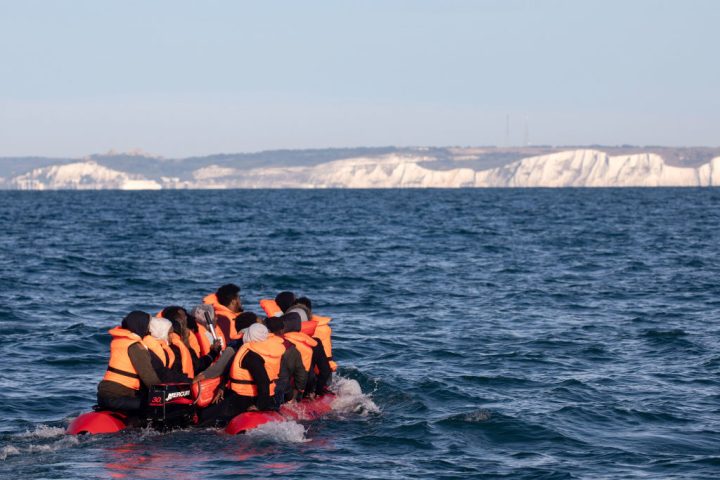
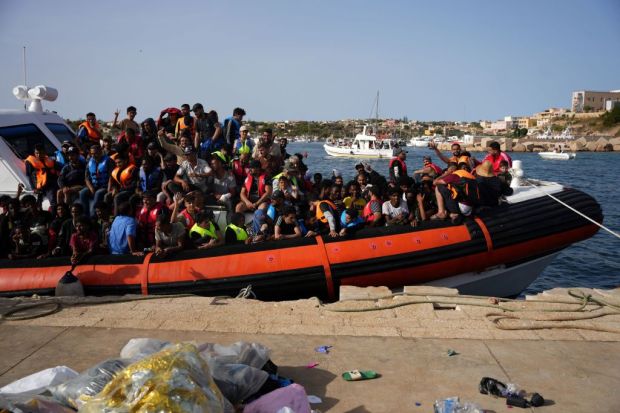
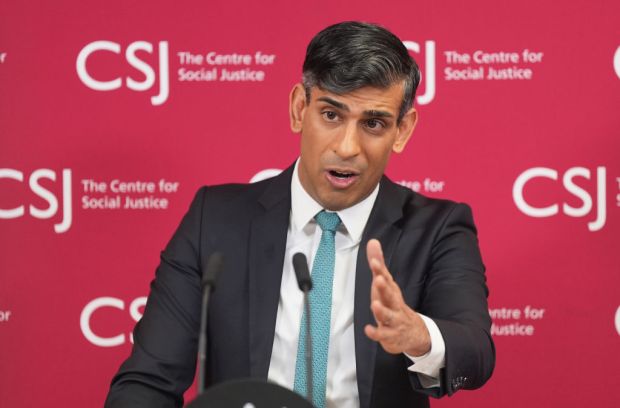

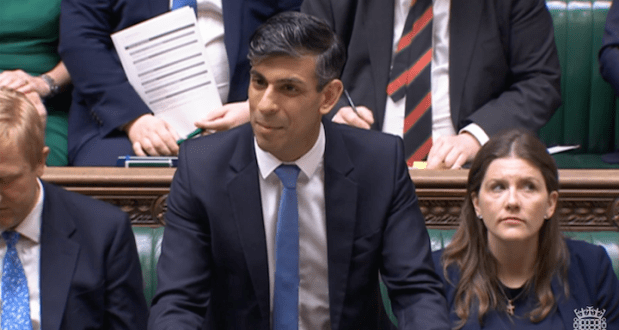

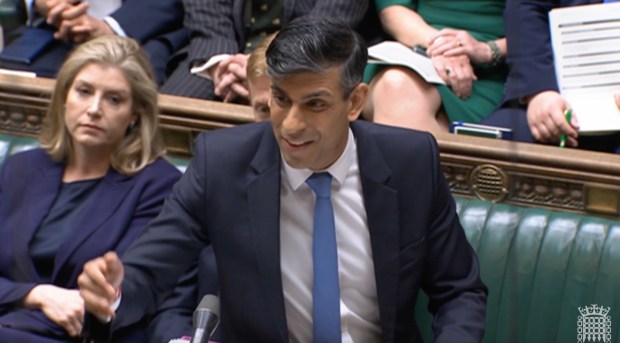







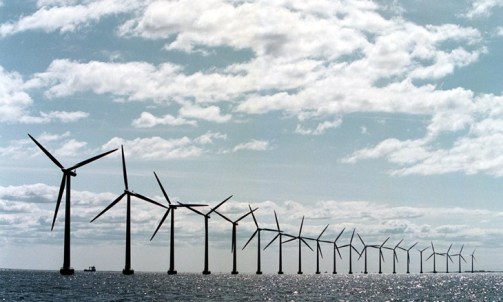

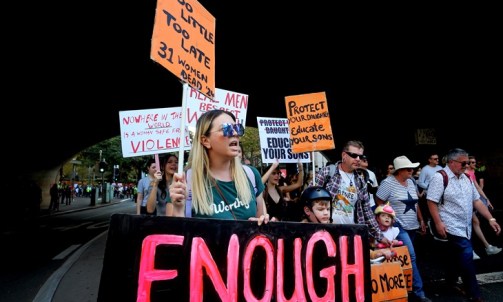


Comments
Don't miss out
Join the conversation with other Spectator Australia readers. Subscribe to leave a comment.
SUBSCRIBEAlready a subscriber? Log in